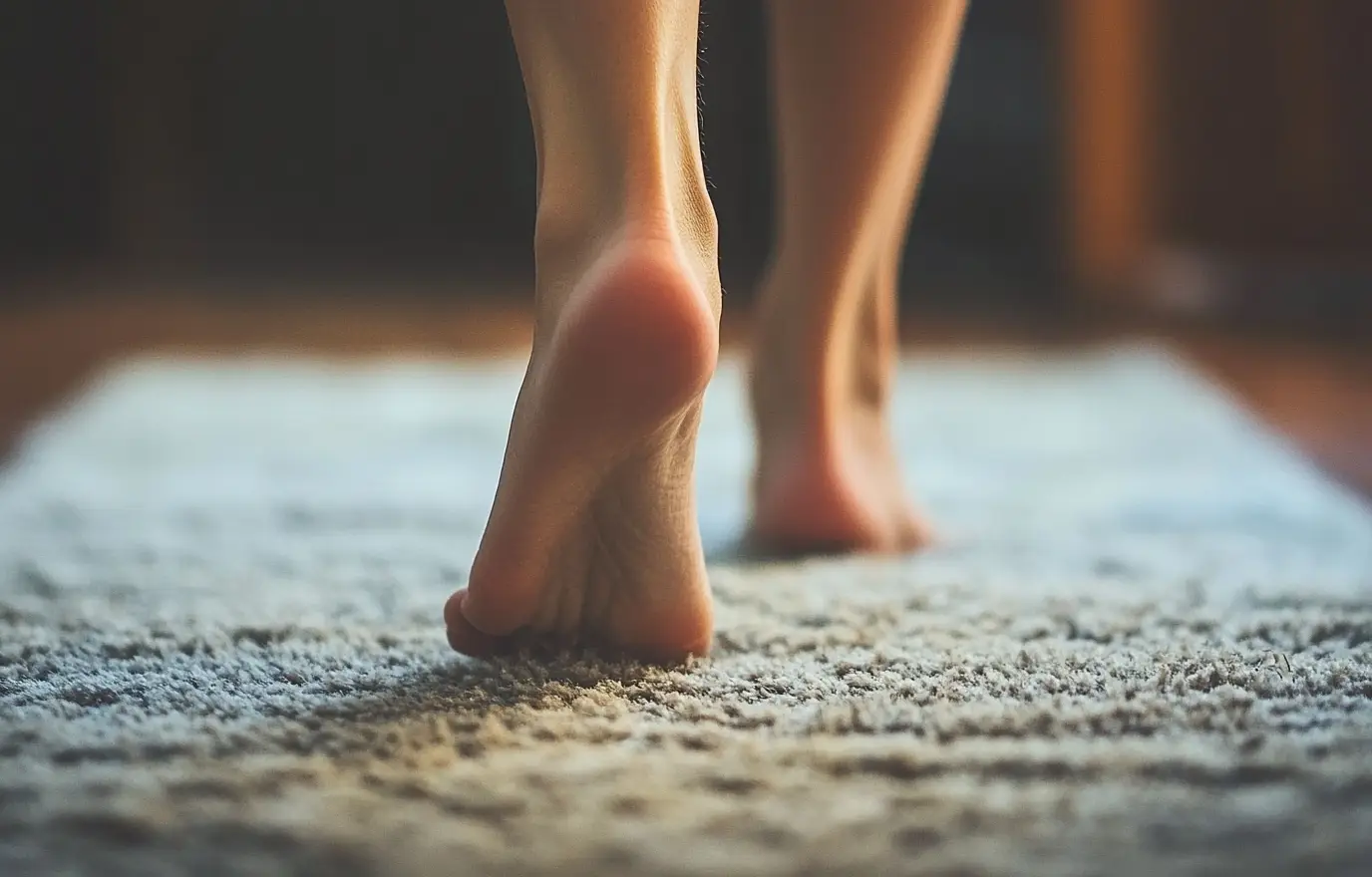Restless Legs Syndrome Explained: What It Feels Like, Why It Happens & How to Find Relief

Restless Legs Syndrome (RLS) is a peculiar, sometimes intense need to move your legs when all you want is to rest or fall asleep, almost like an unseen itch you just can't scratch. It could seem like relentless deep aching, crawling, or tingling feelings. Although there is no lasting remedy, the good news is that efficient therapies can reduce the pain and enable you to eventually obtain the rest you require.
RELATED 1: Sleep Disorders Explained: Types, Symptoms, Causes & How to Finally Get Better Sleep
RELATED 2: Best Pillows of 2025: Expert-Tested Picks for Your Dreamiest Sleep Yet
RELATED 3: Top Natural and Over-the-Counter Sleep Aids to Help You Rest Better in 2025
RELATED 4: Top-Rated Sleep Trackers of 2025 That’ll Actually Help You Sleep Better
RELATED 5: Upgrade Your Sleep: The 5 Best CPAP Machines and Accessories to Buy in 2025

Types of Restless Legs Syndrome
The two primary kinds of RLS are:
- Diagnosed before age 45, generally familial, and typically slowly progressive over time, early-onset RLS is
- Diagnosed beyond age 45, Late-Onset RLS often appears unexpectedly and progresses more quickly.

What are the symptoms of restless legs syndrome?
- Leg discomfort that drives you to want to move them.
- Resting makes sensations worse.
- At least for the time being, moving your legs eases discomfort.
- Twitchy legs or leg jerks in the evening and during sleep.
Restless legs syndrome symptoms can interfere with your sleep. This might lead to:
- Sleep problems, difficulty falling asleep or staying asleep.
- The need to stretch or move your legs drives you to get out of bed.
- Daytime tiredness or sleepiness.
- Alterations in mood or conduct.
- Difficulty remembering, concentrating, or paying attention.
- Sadness or anxiety.
What brings on restless legs syndrome?
The beginning of restless legs syndrome is not entirely known. It could relate to how your basal ganglia, the part of your brain in charge of movement, functions. By means of the basal ganglia, dopamine regulates the movement of your body. Should this brain region lack enough dopamine, it cannot control your movement as effectively as it should to. This could cause RLS symptoms to appear.
Studies indicate the following could help RLS:
- You can inherit RLS genetically. An RLS diagnosis results from one of your biological parents passing on a genetic trait—autosomal dominant—during pregnancy.
- Your brain can be low in iron even with good blood levels.
- Certain illnesses might cause secondary RLS, or RLS occurring with another medical condition.
- Some medications, including antinausea ones, antidepressants, and antihistamines, could worsen RLS or induce
What causes restless legs syndrome?
Triggers are items that aggravate your RLS symptoms. Possible triggers can differ but might consist of:
- Beverage of choice.
- Coffee.
- Nicotene.
- Some drugs.
- Tension.
What therapies exist for restless legs syndrome?
RLS treatment could include changing your home routine or taking medications to reduce your symptoms. Some patients may find symptom relief by working with their doctor to manage other underlying medical conditions. Your doctor will discuss with you the treatment options that might fit you best as well as any negative effects to be on the lookout for.
Restless legs syndrome treatments at home
Should you have mild RLS symptoms, a doctor may recommend the following at-home therapies to help you sleep with restless legs and provide more comfort. These might be made up of:
- Regular workouts such as aerobics, cycling, stationary bike use, or walking enable one to keep fit. Avoid demanding or rigorous workouts within a few hours of sleep.
- Following helpful sleep habits such as avoiding reading, watching television or using a computer or phone while lying in bed. Sleep deprivation could make RLS symptoms worse.
- Soaking your legs in a warm tub and applying a heating pad or cold compress on them. These could provide momentary relief for your suffering.
- Reducing your overall tension. A mental health professional can help you with this.
- Avoid consuming coffee and other caffeinated drinks before bedtime.

